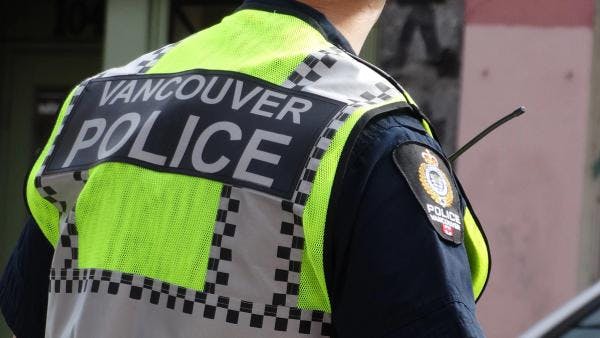British Columbia Emergency Photography - Flickr - CC BY-NC 2.0 - https://flic.kr/p/rmDbpv
Canadá: El umbral de descriminalización de la Columbia Británica se fijó para la policía, no para las personas que usan drogas
Activistas denunciaron que la medida supondrá fondos suplementarios para la policia y, al establecer umbrales muy bajos, perpetuará la intervención policial en la vida de las personas usuarias de drogas. Más información, en inglés, está disponible abajo.
British Columbia is about to become the first Canadian province to decriminalize personal possession of some state-banned drugs—a move that media and government officials are widely touting as progressive. As drug users who work in frontline harm reduction, we do not share this view.
On January 31, a temporary exemption to Canada’s federal Controlled Drugs and Substances Act will decriminalize personal possession, by adults over 18, of opioids, methamphetamine, cocaine and MDMA. The exemption will remain in effect for the next three years. It sets the threshold of personal possession at a cumulative 2.5 grams.
This threshold does not reflect true buy-in from the people it purports to serve.
“In my experience as a longtime drug user and [overdose prevention site] supervisor, everyone has different tolerances, so they use and carry different amounts,” Vancouver Area Network of Drug Users (VANDU) President Kevin Yake told Filter. “Two-and-a-half grams … that’s breakfast for a guy like me, not three days of supply. I don’t agree with the thresholds at all.”
Health Canada, which is well aware of this and has the authority to rectify it, did not provide responses to Filter‘s inquiries about threshold amounts.
